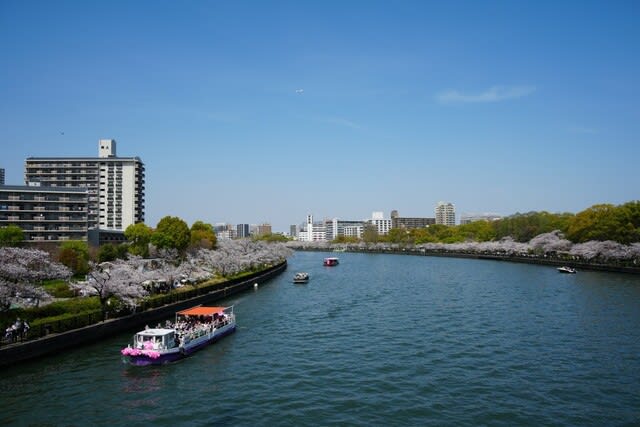The following is from a feature article by Kenichi ARA, Tsutomu NISHIOKA, and Michio EZAKI in the April 1 issue of the monthly magazine Sound Arguments, titled "The Nanking Incident: A Comprehensive Reversal of the Attack.
It is a must-read not only for the Japanese people but for people worldwide.
As described, Kenichi Ara is a senior student of my alma mater whom I will love forever.
The emphasis in the text other than the headline is mine.
ARA
I have consistently tried to investigate the truth about the "Nanking Incident," which is said to have occurred during the Battle of Nanking in 1937 during the Sino-Japanese War.
After the war, there was a time when people called it the "Nanking Massacre," as if to frame Japan, but I have compiled my recent research into a book, "The Nanjing Incident Never Happened: Wake Up, Foreign Ministry! (Tenden-sha), which once again clarified that the incident was fiction.
Research on the Nanjing Incident is still active, and various results have been published, including one by journalist Yu Ikeda.
Focusing on the "missionaries" who established a "safety zone" in Nanjing at the time of the Nanjing Incident, research has shown that these "missionaries" were not neutral and has delved into the "malicious intent" of the "missionaries" and even clarified the certainty of why the Nanjing Incident was created.
It has deepened the suspicion that the Nanking Incident was indeed created.
Nishioka
I respect your work, Mr. Ara, and look forward to your continued support.
Ezaki
It is me too.
Mr. ARA and Professor Emeritus Shudo HIGASHINAKANO, historian and professor emeritus at Asia University, have been steadily gathering facts about the Nanking Incident and have clarified the facts.
It is vital to research for Japan.
I respect that he has continued this research for many years, and it has accumulated considerable historical research.
It is also a truly outstanding achievement.
Ala.
On the other hand, however, it would be impossible to spread a correct understanding of the Nanking Incident.
Or rather, I am frustrated as to why the correct understanding is not spreading.
To begin with, the Japanese government consistently expressed a negative view on the existence or non-existence of the Nanking Incident.
However, the Ministry of Foreign Affairs website states, "The Japanese government believes that it is undeniable that there were killings and looting of non-combatants after the entry of Japanese troops into Nanjing (1937). However, there are various theories regarding the specific number of victims, and the government believes it is difficult to determine the correct number.
On what basis does the government make such a statement?
I have repeatedly asked the Ministry of Foreign Affairs, but no matter how many times I asked, they would not answer.
As a result of various investigations, it became clear that the policy of the Japanese government, which had initially denied the existence of the Nanking Incident, changed in 1994 under the administration of President Hata Tsutomu.
It was also revealed in the February issue of the monthly magazine "Sound Arguments" in an article entitled "The Nanking Incident, which is being asserted without evidence.
I have had similar feelings for some time.
The Japan Society for Nanking Studies, founded by Professor Higashinakano, whose name has just been mentioned, thoroughly examined the Nanking Incident until 2008.
I participated in this study, and by closely examining primary documents, I clarified that the Nanking Incident was "wartime propaganda" by the Chinese Nationalist Party.
At that time, I was convinced that the Nanking Incident had been completely clarified.
However, the joint Japan-China historical research that began in 2006 did not use these results at all.
Professor Emeritus Shinichi Kitaoka of the University of Tokyo served as the chairperson of the Japanese side. Still, from the beginning, he proceeded with the policy that "the Nanking Incident did exist."
In 2014, China applied to the United Nations Educational, Scientific, and Cultural Organization (UNESCO) to have its materials on the "Nanjing Massacre" registered as a Memory of the World Heritage, which was approved.
At that time, the Ministry of Foreign Affairs was basically in the position of recognizing the Nanjing Incident, so I have the impression that the application was accepted with little resistance.
I protested to the Ministry of Foreign Affairs then, but it was "a nail in the coffin."
The Nanking Incident had been entirely resolved, but this was not reflected in the world at all.
Fortunately, I have the cooperation of Mr. Masamune Wada, a member of the House of Councilors, in finding materials to support my claim.
In response to Mr. Wada's question, the Ministry of Foreign Affairs seems to have a single point of view, "We don't have the documents," but we are not so worried about our efforts here.
How can we encourage the public and boost the movement in the future? How can we change the Ministry of Foreign Affairs?
This article continues.



















